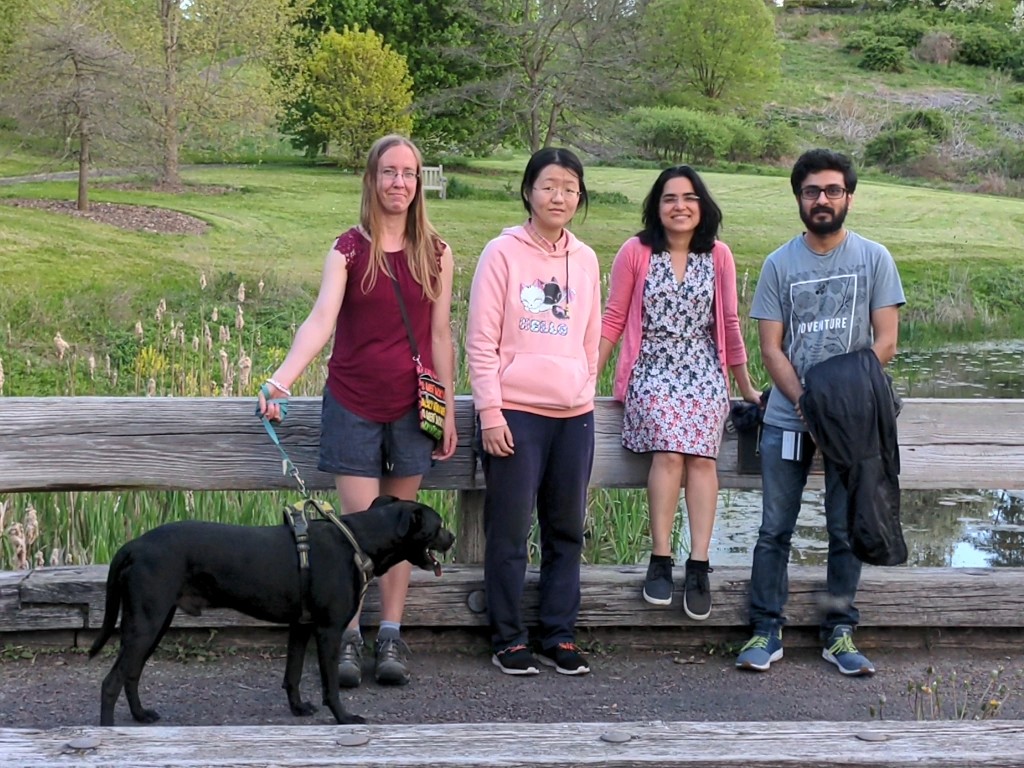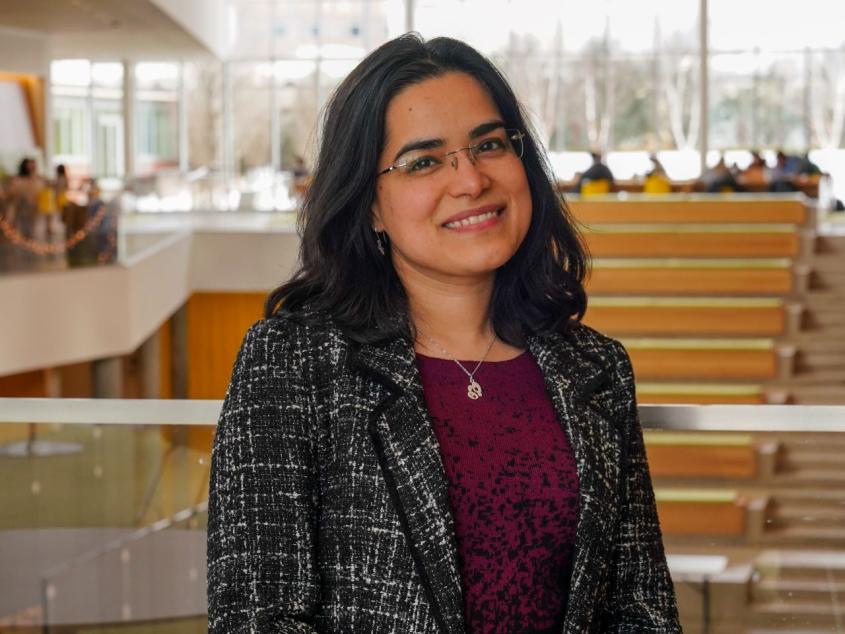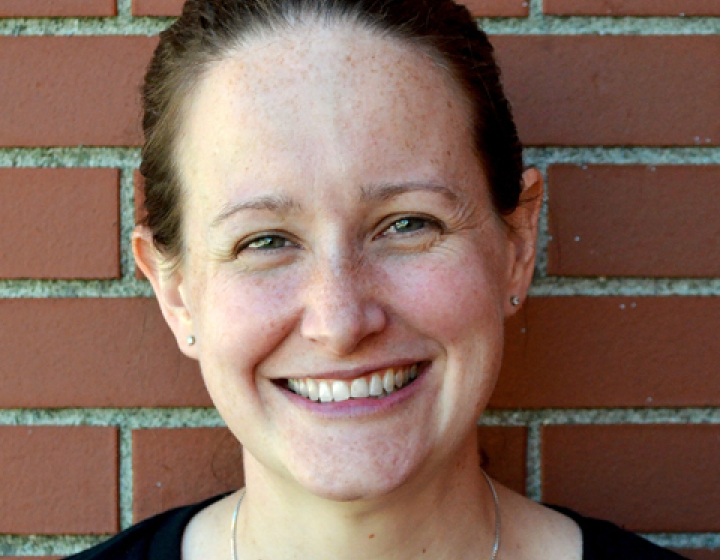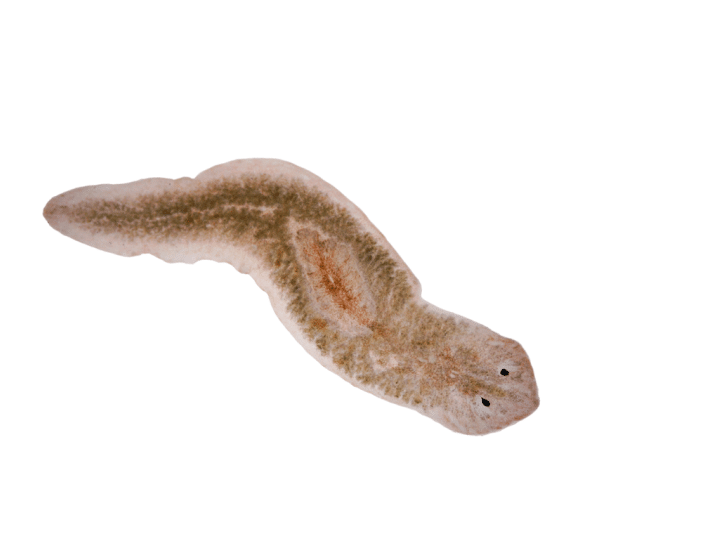Going after the Golgi complex: Sardana lab receives NIH award to study inner workings of organelle
Dr. Richa Sardana, assistant professor in the Department of Molecular Medicine, recently received a $1.87M grant from the NIH.
According to the NIH, the five-year, Maximizing Investigators’ Research Award (MIRA) grants “provide investigators with greater stability and flexibility, thereby enhancing scientific productivity and the chances for important breakthroughs…for the nation’s highly talented and promising investigators.” For Sardana, the funding will support her lab’s research on the Golgi complex, the cellular organelle that plays a central role in the packaging and transport of proteins and lipids in all eukaryotic cells. “We are thrilled to receive this support,” she says.

The Golgi complex is made up of a series of stacked membranes which process and distribute cellular compounds to their final destinations. Golgi resident proteins exist within the organelle to help with this process and are precisely distributed across the Golgi’s membranes by recycling mechanisms that keep these helper proteins from exiting the organelle along with their cargo. While membrane proteins residing in various Golgi compartments are well understood, “the mechanistic basis of how most Golgi proteins are selected for recycling, or how these processes are regulated are poorly understood,” says Sardana. “This grant will support our research on understanding these fundamental and conserved molecular mechanisms that are key to all life.”
Better understanding of the Golgi complex would have big impacts; dysfunction in the protein recycling mechanism, or those mechanisms being hijacked by viruses and toxins, is proven to have serious consequences for human and animal health, leading to congenital disorders, cancers, and immune dysfunction. “We hope that findings from our work will also shed some light on what goes wrong in diseases stemming from defects in these cellular pathways,” says Sardana.
Fundamental research on cellular processes is crucial in making strides in human and animal health, Sardana notes. “It’s of profound importance in making meaningful advances in medicine.” With this mission in mind, Sardana hopes to collaborate with clinical researchers at CVM to connect these underlying cellular mechanisms with diseases encountered in the clinic.
With this new grant funding, such work is more possible than ever. “This new grant means a lot to my young lab,” Sardana says. “This is our first extramural grant and my trainees and I are very excited. It also gives me the flexibility to grow my team, expand my research program, establish new collaborations, and incorporate more creative approaches in our research portfolio.”
Written by Lauren Cahoon Roberts






